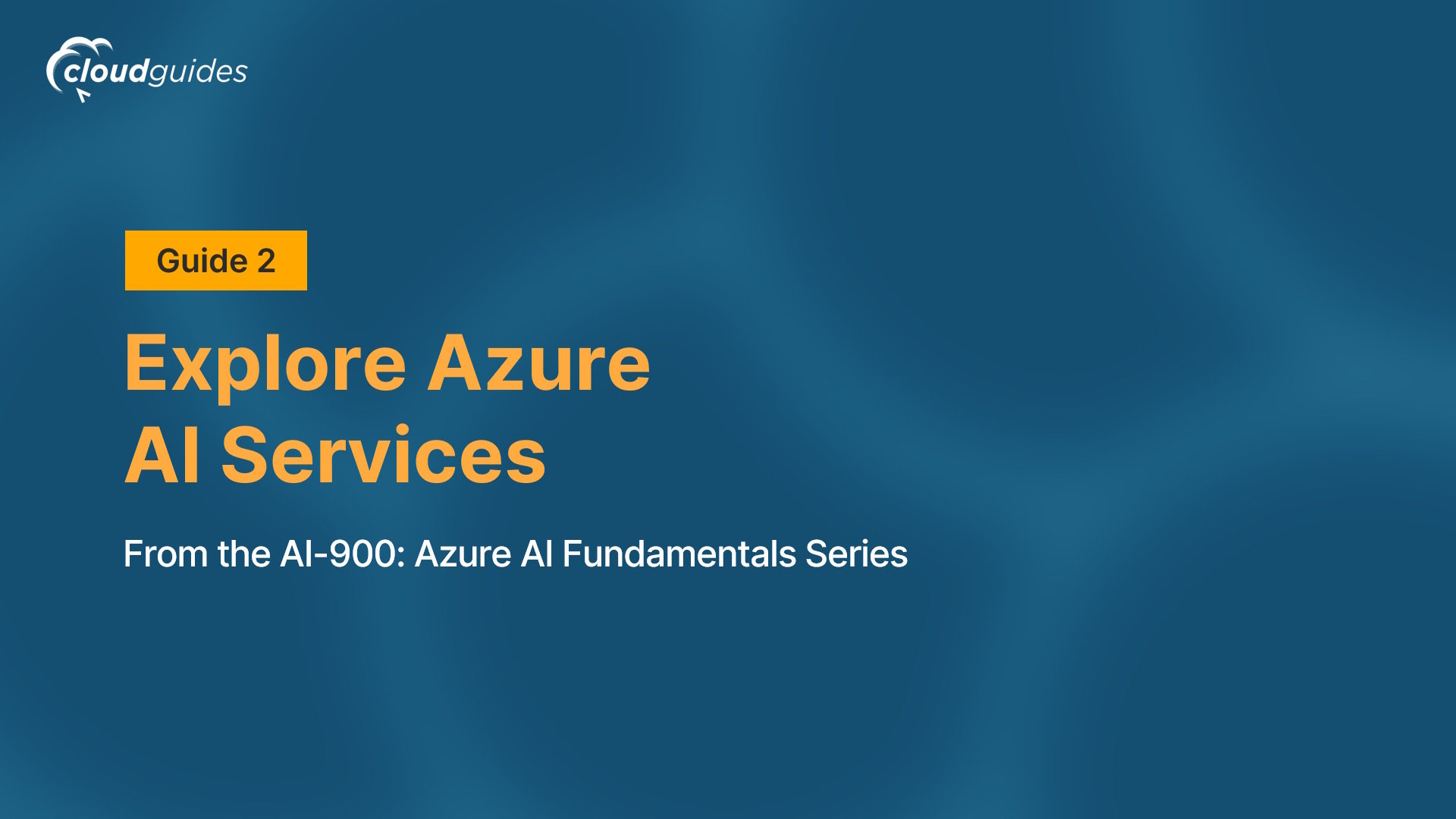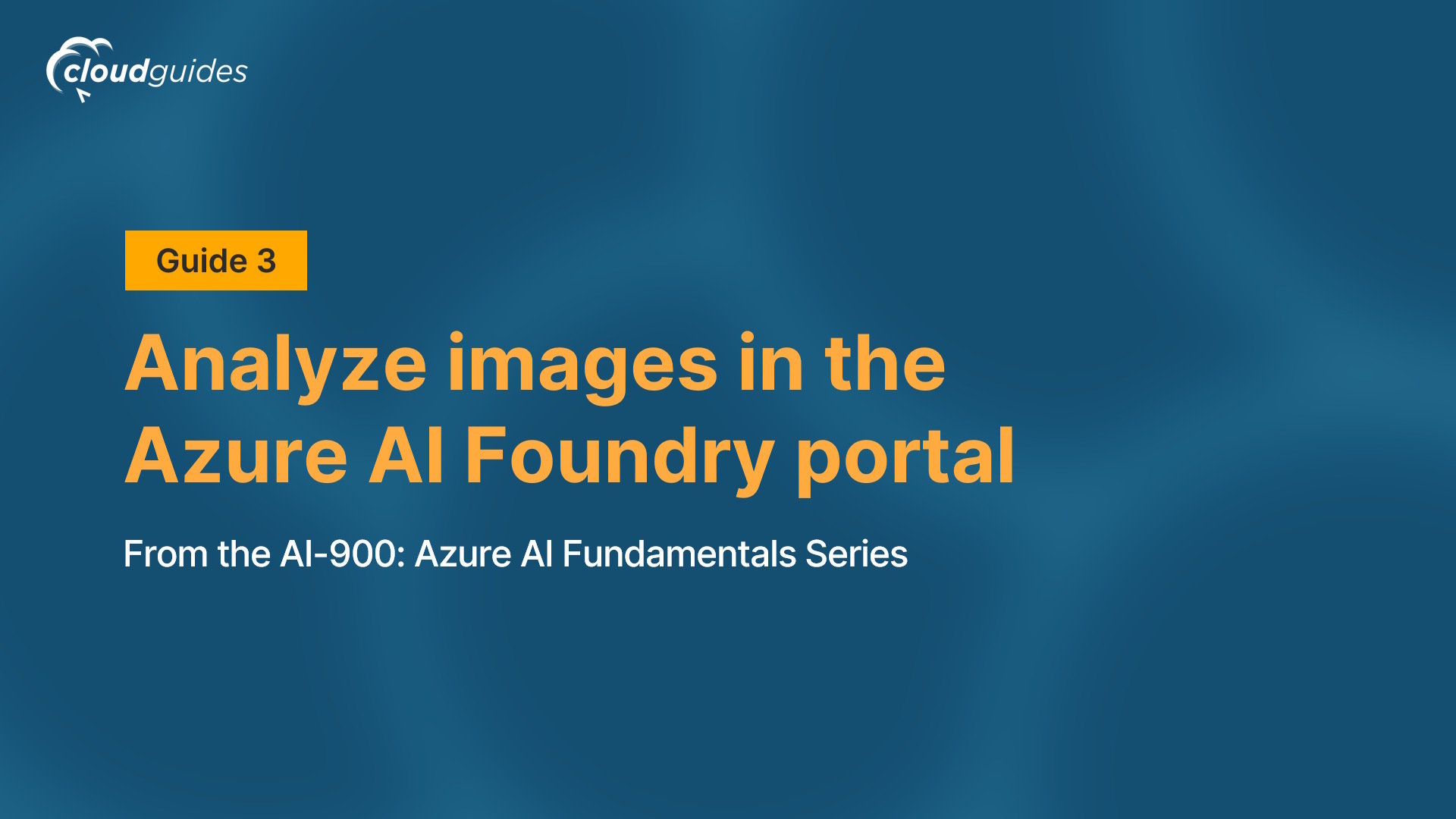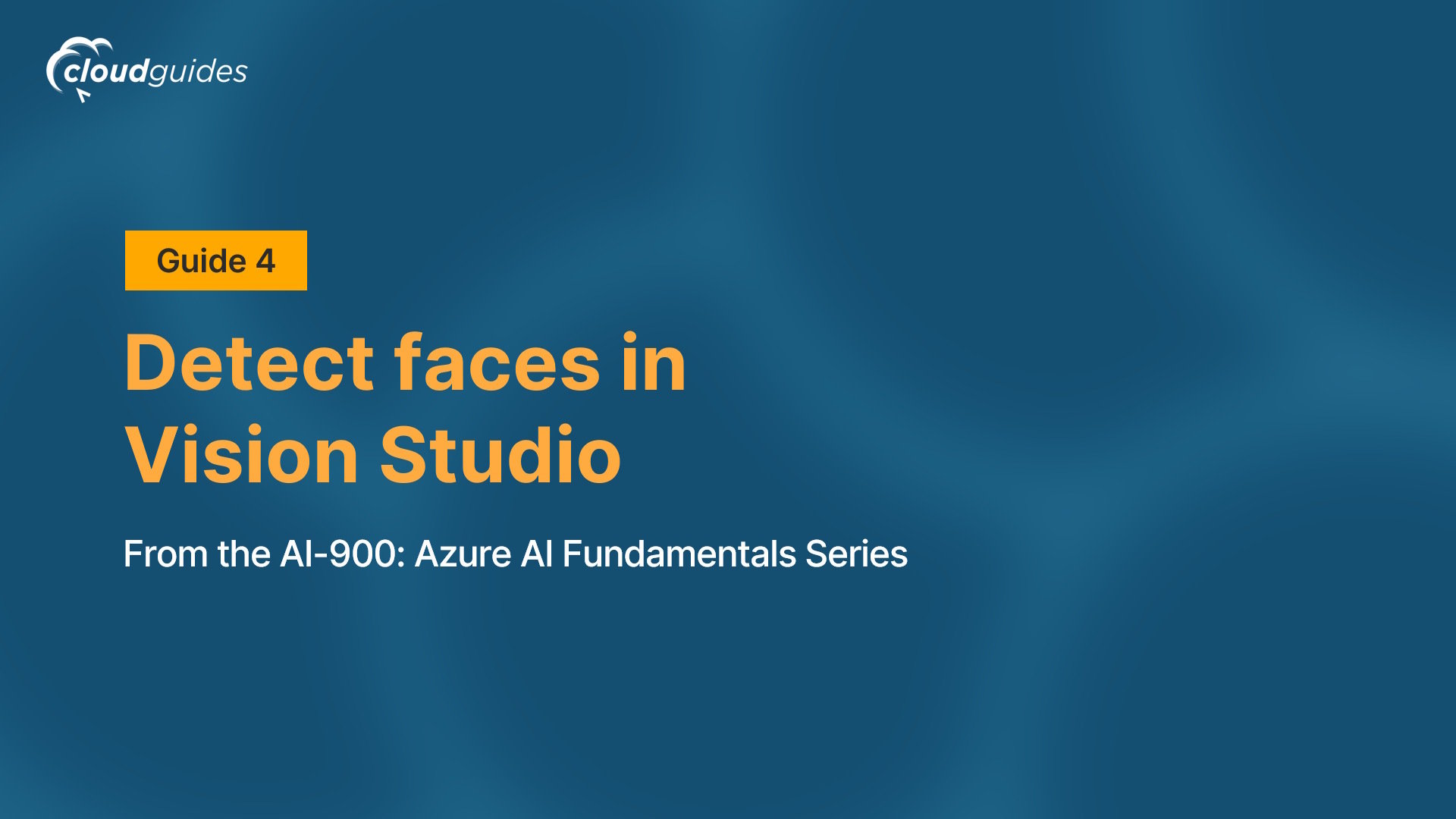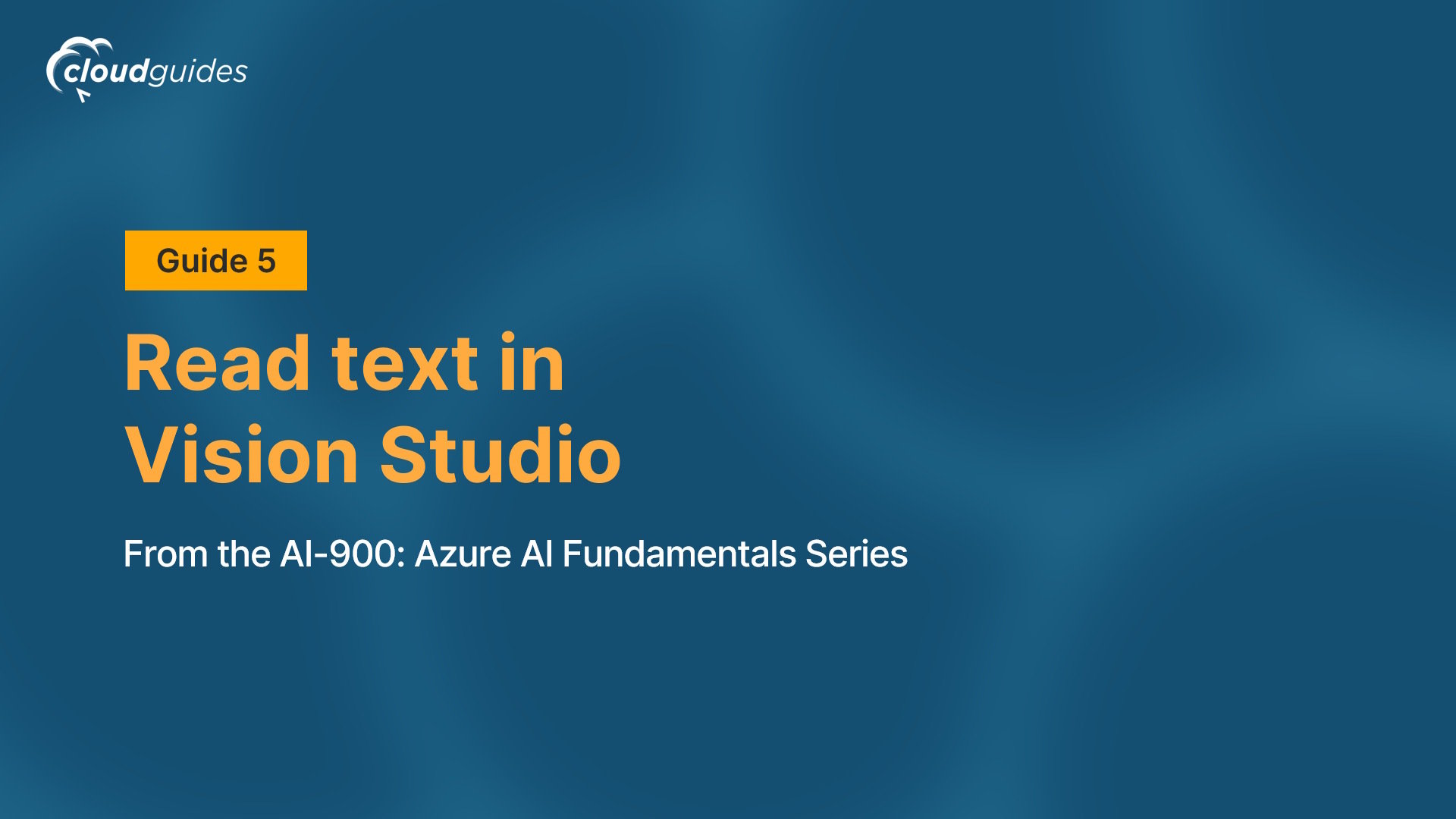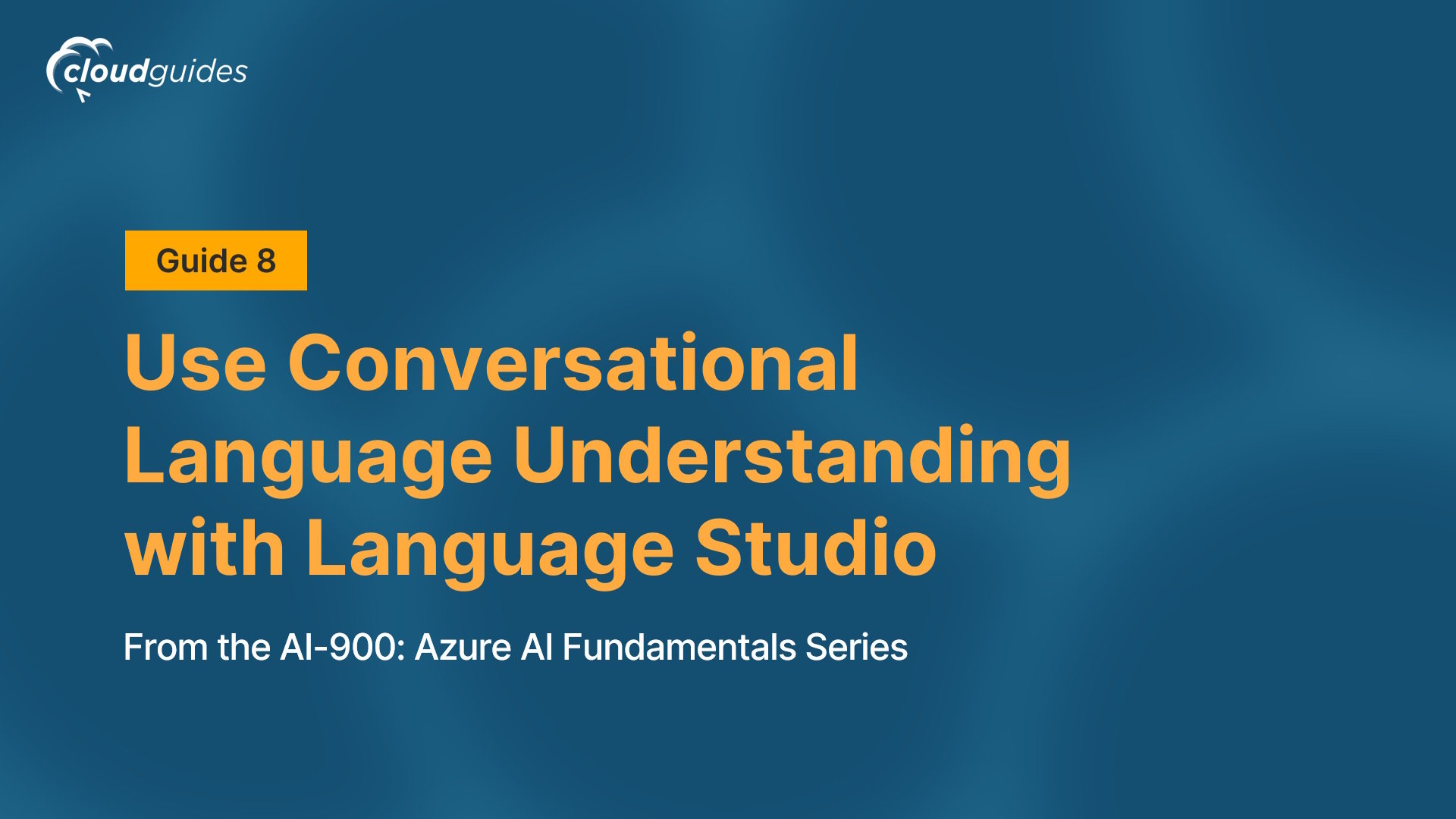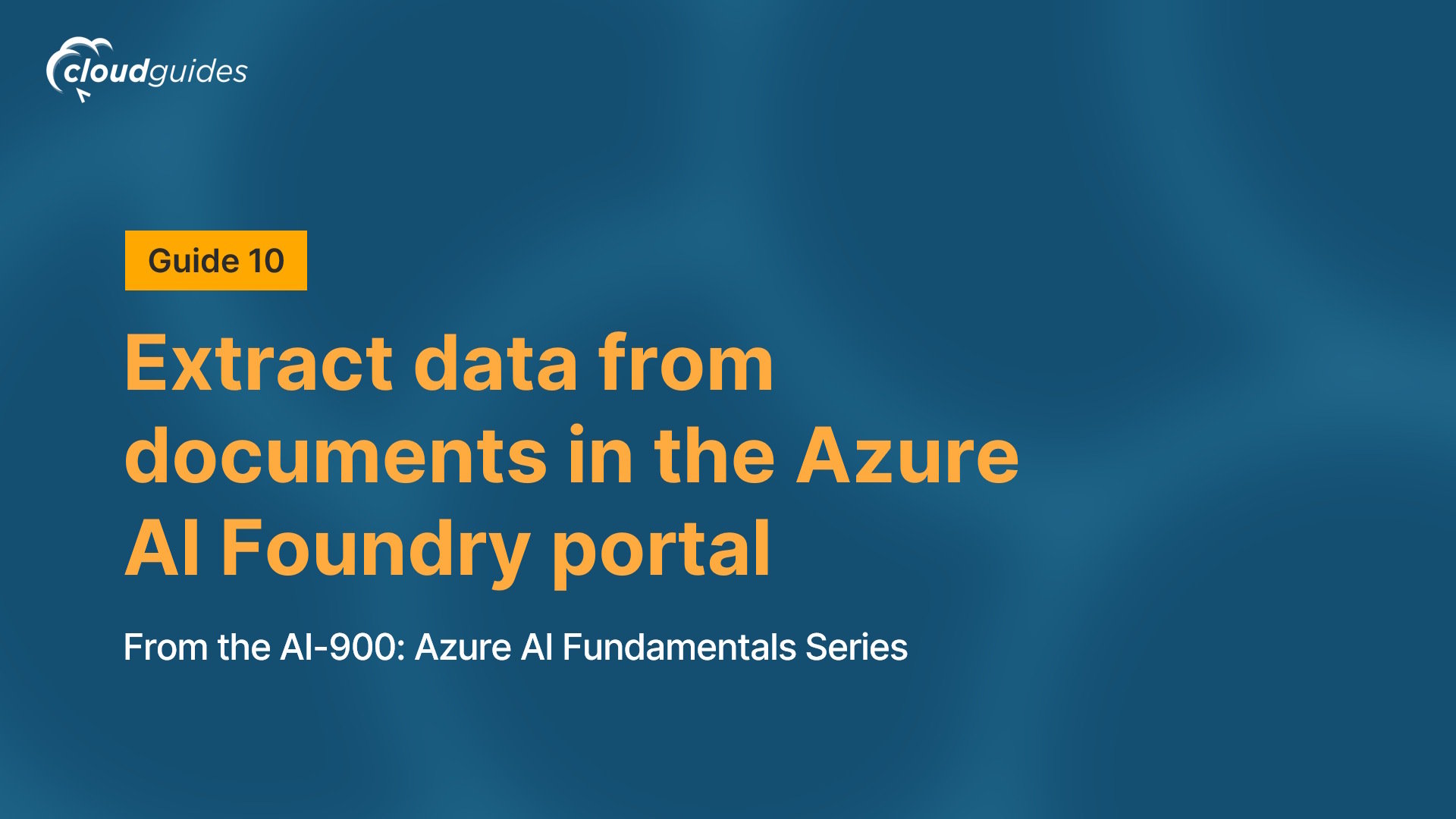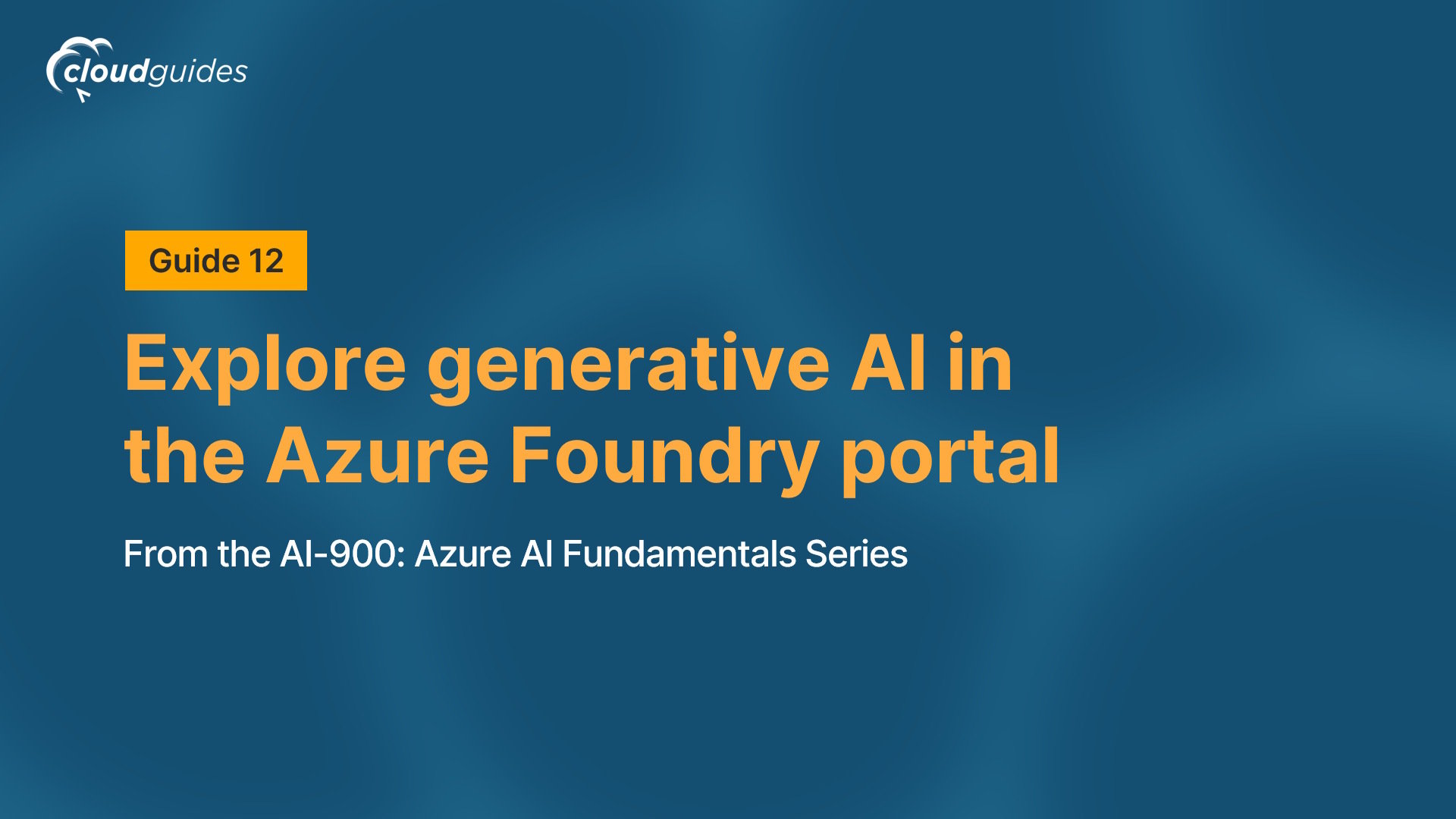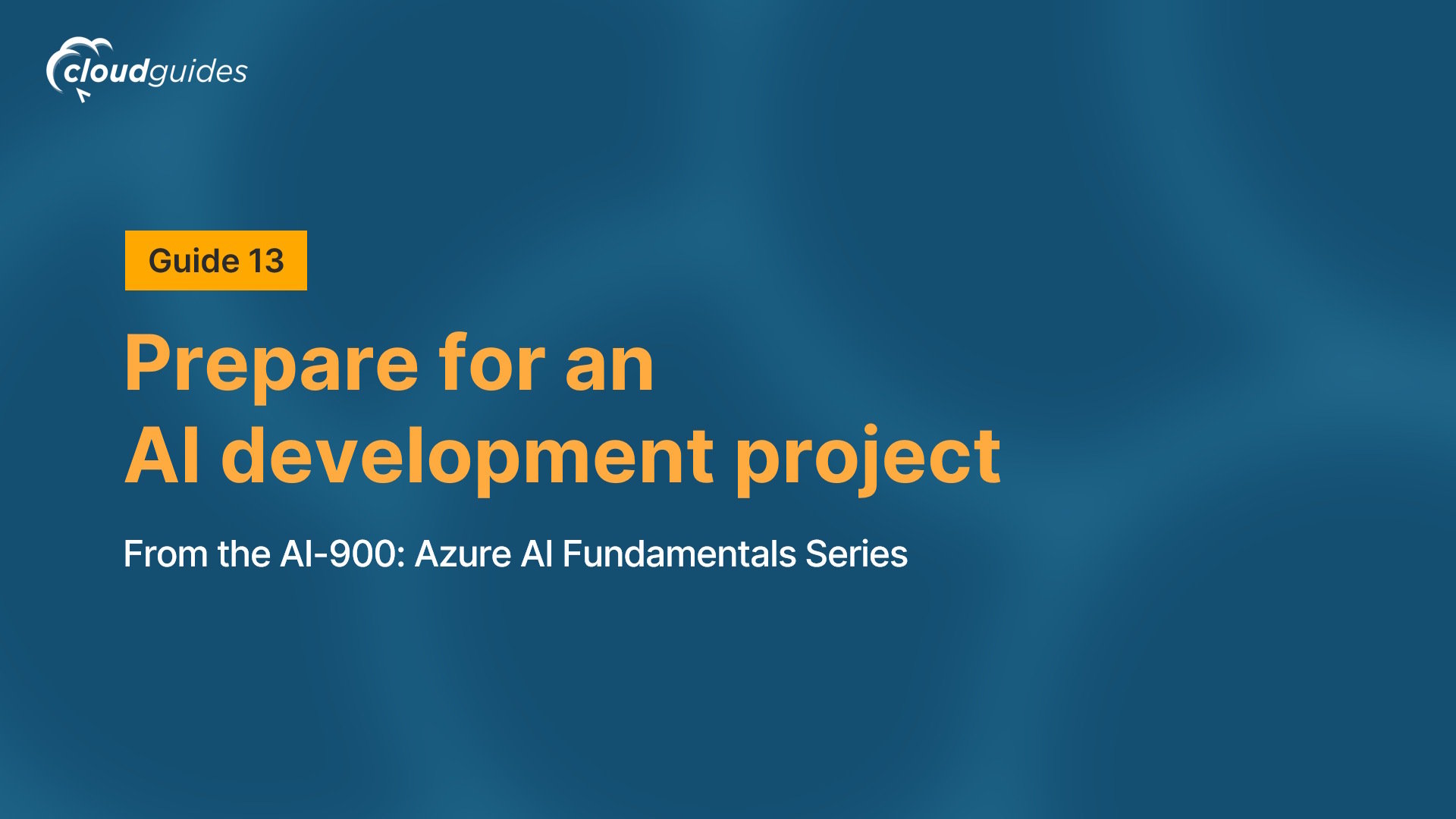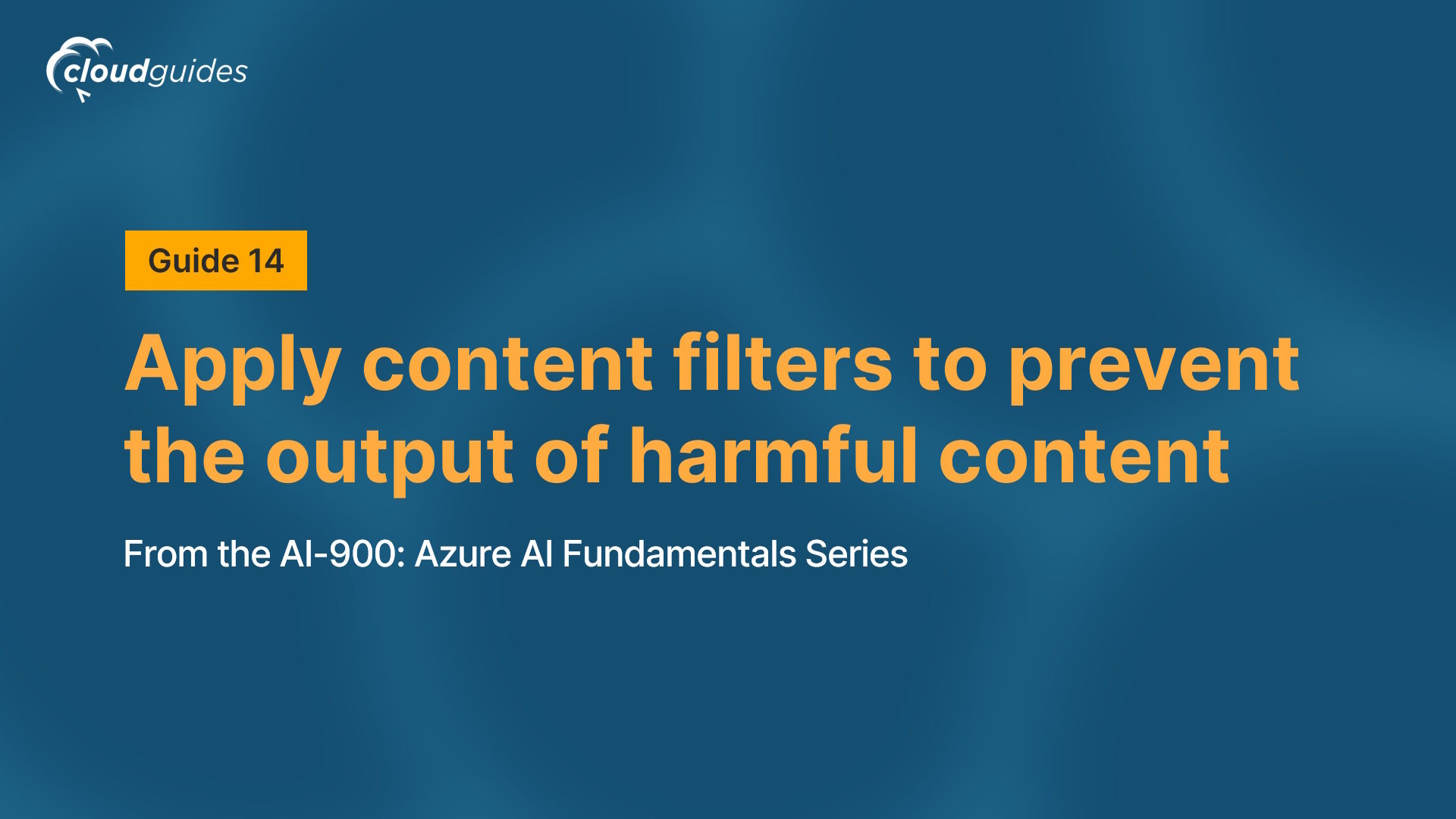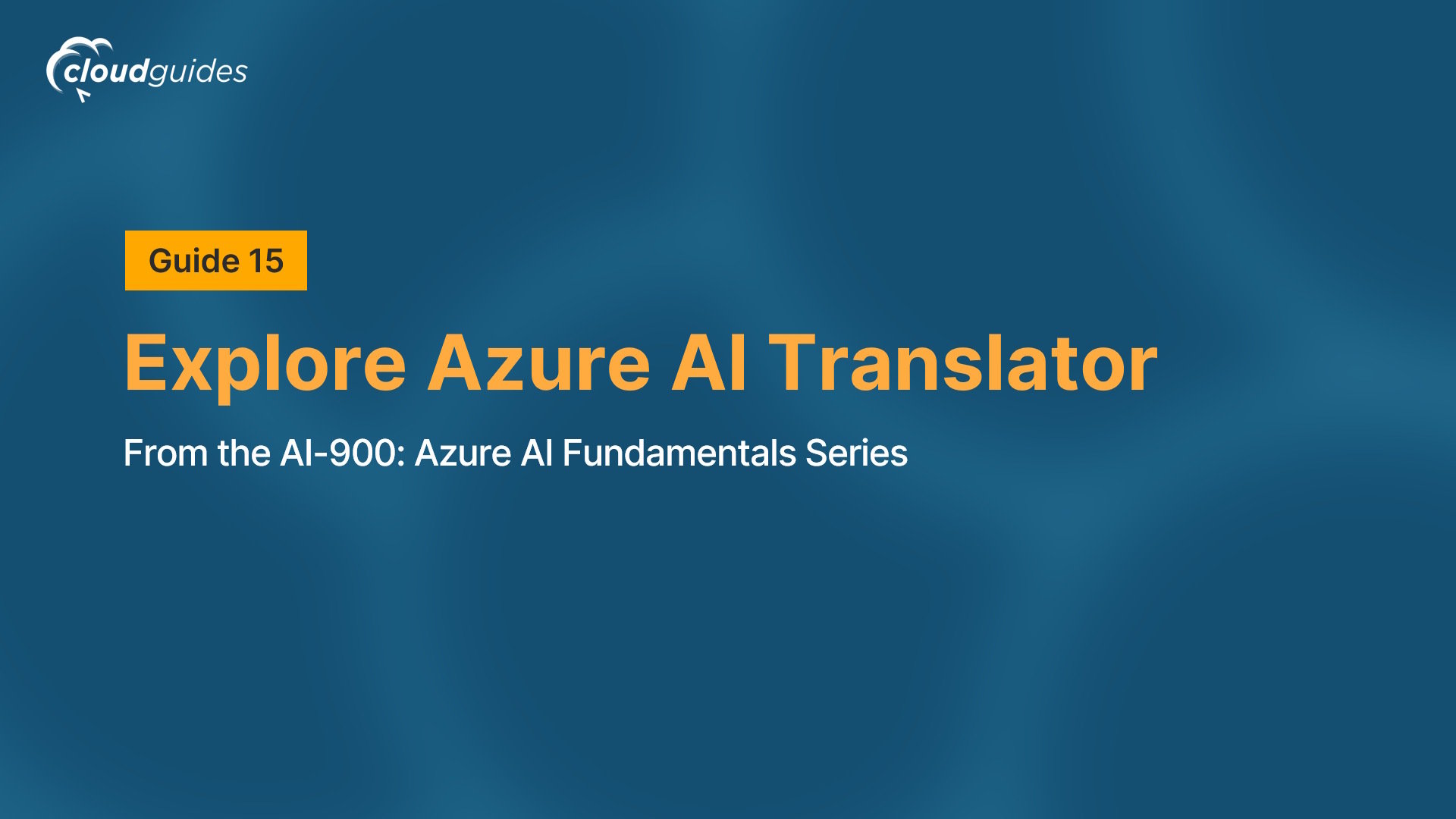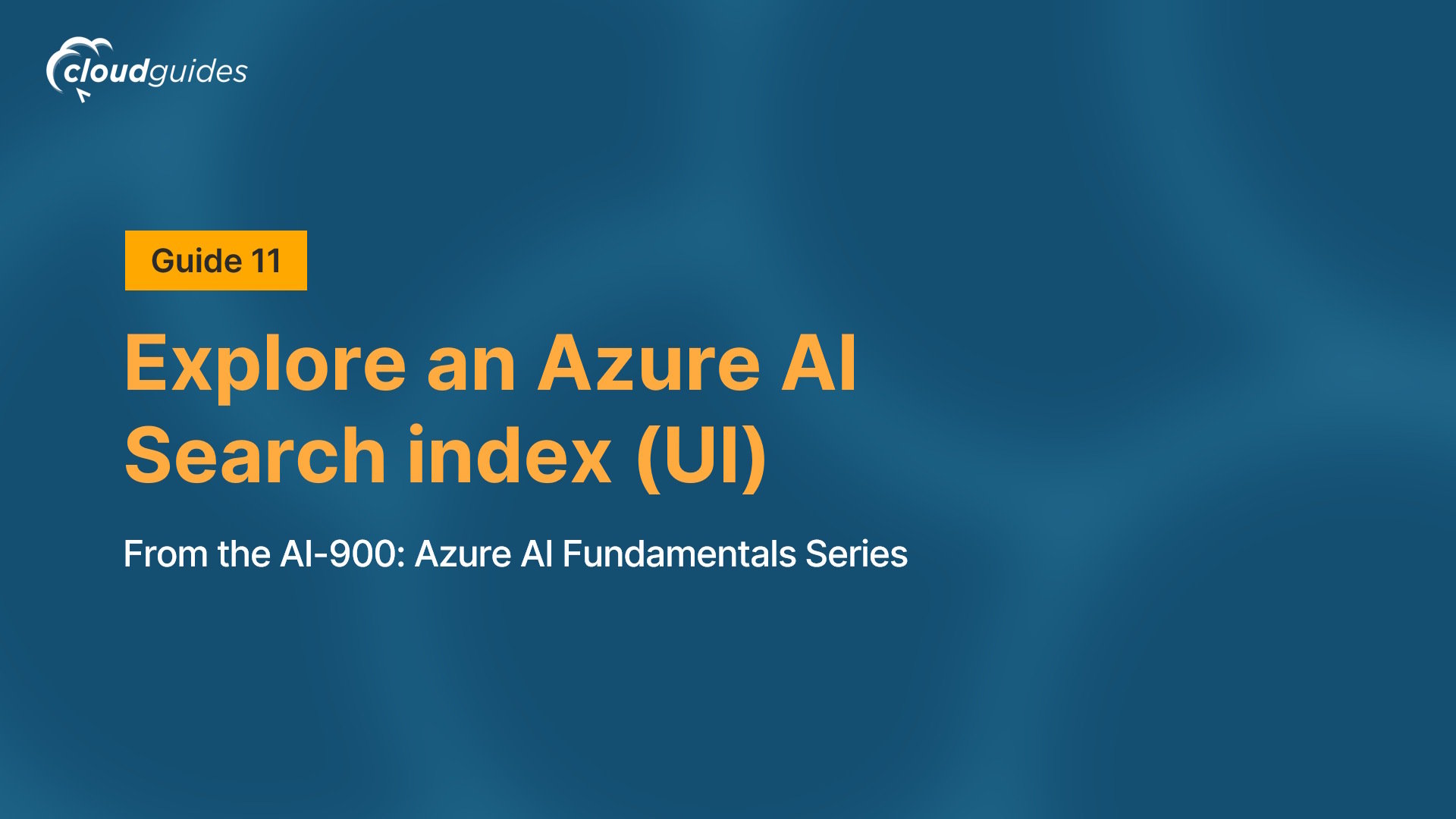
Explore an Azure AI Search index
About this guide
Scenario
Let’s imagine you work for Fourth Coffee, a national coffee chain. You’re asked to help build a knowledge mining solution that makes it easy to search for insights about customer experiences. You decide to build an Azure AI Search index using data extracted from customer reviews.
In this guide you’ll see how to:
- Create Azure resources
- Extract data from a data source
- Enrich data with AI skills
- Use Azure’s indexer in the Azure portal
- Query your search index
- Review results saved to a knowledge store
Tasks and Job Skills
- Create Azure resources needed
- Upload Documents to Azure Storage
- Index the documents
- Query the index
- Review the knowledge store
Career Connections
The Cloudguides in this series provide a foundational understanding of Azure AI services and are valuable to anyone interested in pursuing a career in AI or expanding their knowledge in this growing field.
The skills developed in this series can help opens doors to roles like entry-level AI Engineer, Data Scientist (with AI focus), Cloud Architect (with AI focus), and Business Analyst (with AI focus).
As of January 2025, AI-focused roles in the U.S. offer competitive salaries, with AI Engineers starting at around $108K and reaching $128K after five years, Data Scientists earning between $90K–$130K initially and $123K with experience, Cloud Solutions Architects starting at $110K and rising to $160K, Business Analysts beginning at $55K and reaching $131K, while IT professionals with AI interest typically start at $80K and can earn $100K–$150K or more depending on specialization and demand. Please note that these figures are approximate, derived from online sources, and can vary based on factors such as location, industry, and company size.

